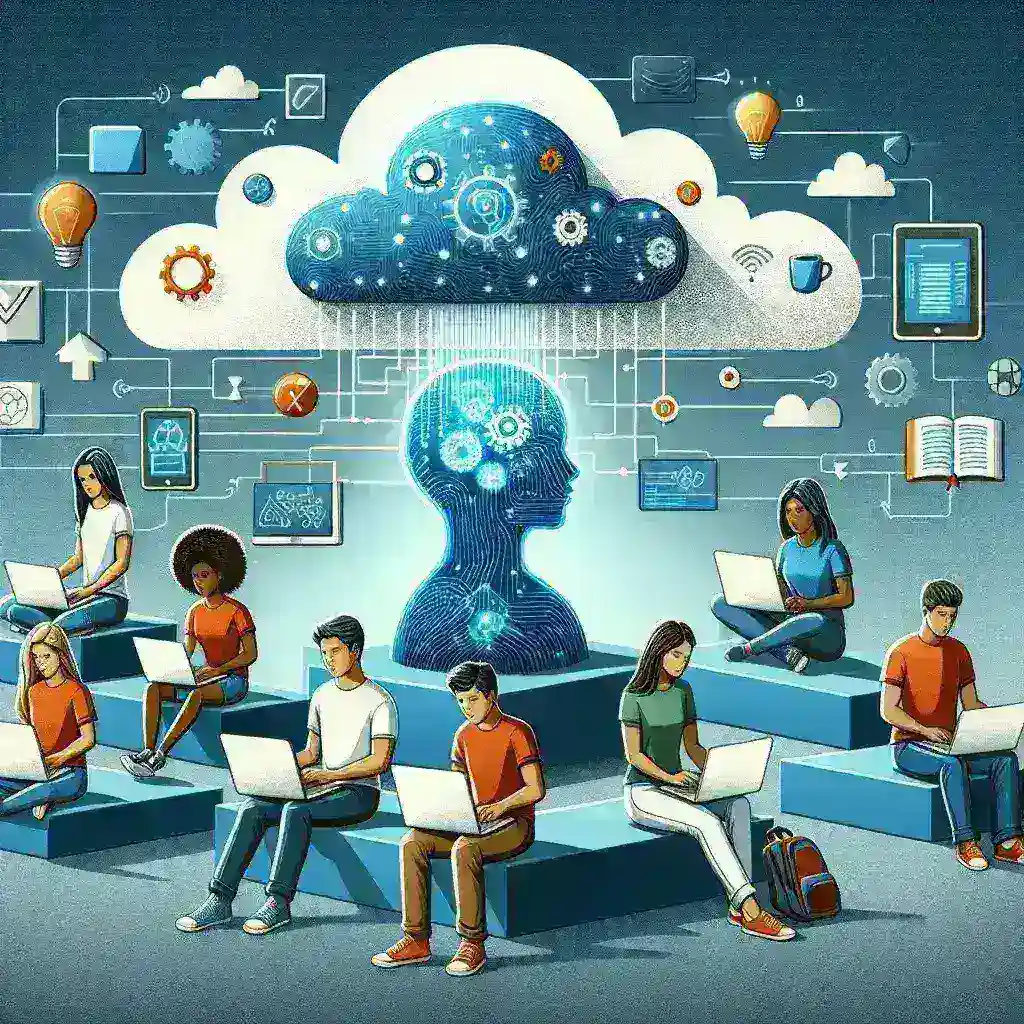Introduction
In the fast-evolving landscape of educational technology, Quizlet has consistently been at the forefront, offering innovative solutions that cater to the diverse needs of learners. Recently, Quizlet made headlines with its expansion into AI practice problem generation, a move that promises to transform how students engage with study materials. This article delves into the features, benefits, and future implications of this expansion.
The Evolution of Quizlet
Founded in 2005, Quizlet started as a simple flashcard tool designed to help students memorize information. Over the years, it has evolved into a comprehensive learning platform offering various study modes, including games, quizzes, and interactive learning tools. Its commitment to leveraging technology for educational purposes has set it apart in the digital learning space.
Understanding AI Practice Problem Generation
Artificial Intelligence (AI) has revolutionized numerous fields, including education. AI practice problem generation involves using algorithms to create tailored questions and exercises based on a learner’s individual progress and understanding. This customization helps students tackle their weak areas while reinforcing their strengths.
Key Features of Quizlet’s Expanded AI Practice Problem Generation
- Personalized Learning Experience: The AI adapts to each student’s learning pace, providing problems that are neither too easy nor overly challenging, ensuring an optimal learning curve.
- Diverse Question Types: Quizlet’s AI can generate a variety of question formats, including multiple-choice, fill-in-the-blank, and true/false questions, catering to different learning styles.
- Instant Feedback: Students receive immediate feedback on their answers, enabling them to learn from mistakes in real time and understand concepts more deeply.
- Comprehensive Analytics: Educators can access detailed analytics on student performance, helping them identify areas that require additional focus.
Benefits of AI Practice Problem Generation
The integration of AI in Quizlet’s practice problem generation brings numerous advantages:
1. Enhanced Engagement
Students are more likely to remain engaged with personalized content that resonates with their individual learning needs. AI-generated problems can adjust difficulty levels based on performance, keeping students challenged but not overwhelmed.
2. Improved Retention
When learners interact with content tailored to their understanding, they are more likely to retain information long-term. This approach promotes active learning rather than passive consumption of material.
3. Accessibility and Convenience
Quizlet’s platform allows access anytime, anywhere, making it incredibly convenient for students to study at their own pace. The AI capabilities further streamline the process, automatically generating relevant problems without the need for manual input.
4. Support for Educators
Teachers can utilize AI-generated insights to tailor their instruction more effectively. By understanding where students struggle, they can provide targeted support, enhancing the overall learning experience.
Real-World Applications
Quizlet’s expanded AI capabilities are not merely theoretical; they have real-world applications that demonstrate their effectiveness:
Case Study: High School Math
In a recent pilot program at a local high school, teachers integrated Quizlet’s AI practice problem generation into their math curriculum. Students reported increased confidence in their abilities, as they could practice problem sets aligned with their current coursework. The analytics provided to teachers allowed them to adjust lesson plans based on student performance, leading to improved test scores across the board.
Case Study: Language Learning
Language learners have also benefited from this technology. With AI-generated practice exercises focusing on vocabulary, grammar, and pronunciation, students have been able to engage in immersive learning experiences that cater to their specific needs. The instant feedback mechanism has particularly helped in correcting errors, allowing learners to hone their skills more effectively.
Future Predictions
As Quizlet continues to refine its AI capabilities, the future looks promising:
1. Increased Integration with Other Technologies
We can expect Quizlet to integrate with other educational technologies, such as virtual classrooms and learning management systems, creating a seamless experience for both students and educators.
2. Expansion of Subject Areas
While Quizlet currently excels in core subjects like math and languages, future expansions may include more specialized areas such as coding, arts, and sciences, broadening its impact across education.
3. Enhanced User Customization
Future iterations may introduce even more customization options, allowing learners to choose specific topics or themes for practice, enhancing personal relevance and engagement.
Conclusion
Quizlet’s expansion into AI practice problem generation marks a significant advancement in educational technology. By harnessing the power of artificial intelligence, Quizlet is not only making learning more accessible and engaging but also empowering learners and educators alike. As this innovative platform continues to evolve, it holds the potential to redefine the educational experience, making learning more personalized, effective, and enjoyable for students around the globe.

Leave a Reply